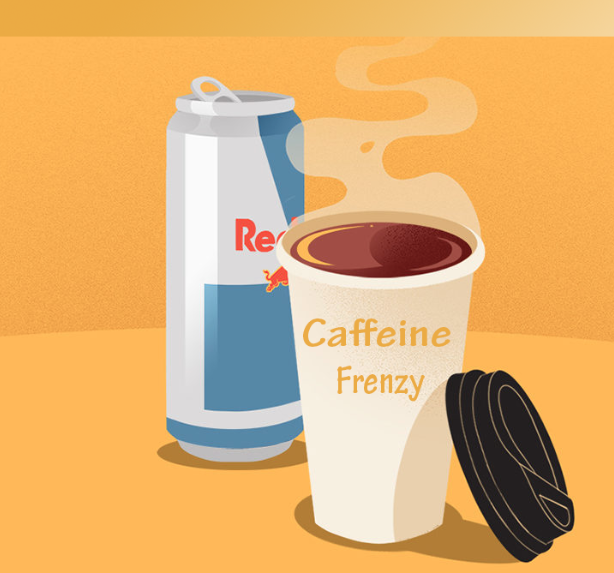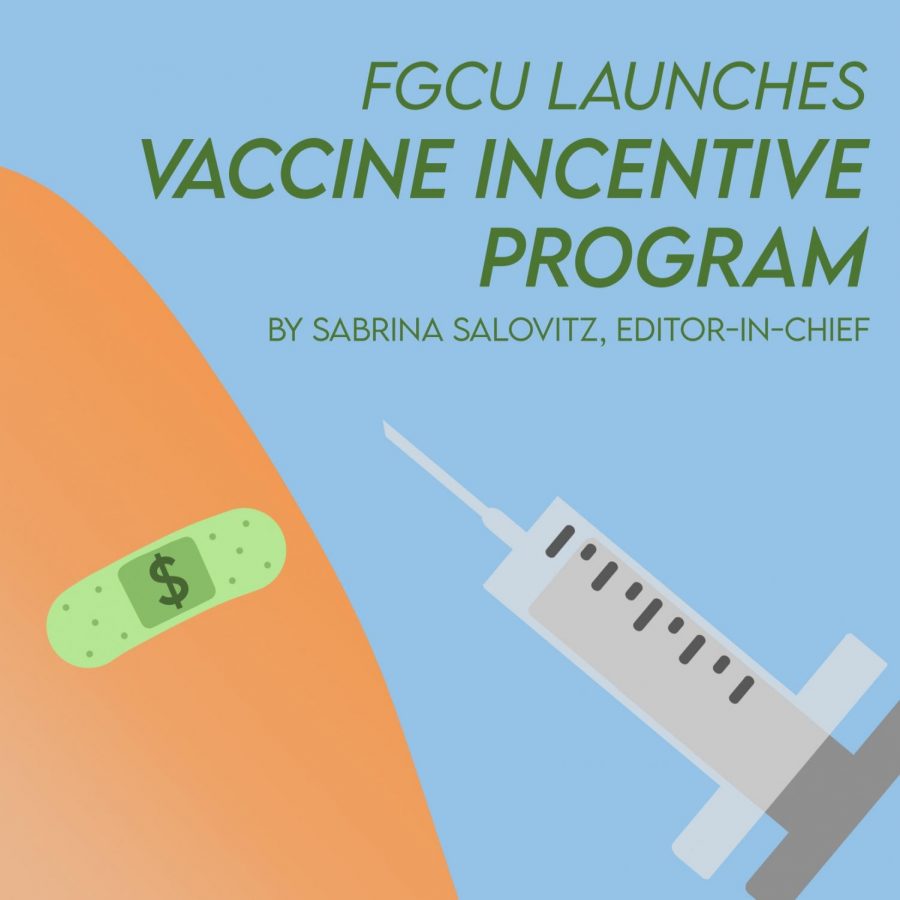By Katie Loudermilk
Contributing Writer
Face masks are everywhere. Most businesses require a face covering before entering the building; however, some disposable masks are not making it into the trash.
Hannah Kenzie, a Florida Gulf Coast University Environmental Science graduate, is concerned about the impact that litter will have on marine ecology.
“I have seen masks littered on the St. Pete Pier, which is home to several estuaries and important marine life,” Kenzie said. “Disposable face masks are showing up in the oceans, as most of our trash does.”
One study from the Plastic Waste Innovation Hub estimates that, in the UK alone, if every person used a single-use face mask every day for a year, it would create an additional 145,505,000 pounds of contaminated waste.
“Concerning masks as litter, I have noticed discarded masks on the ground from time to time,” FGCU Professor of Marine & Earth Sciences, Dr. Michael Savarese said. “Conscientious people that might pick up litter are probably reluctant to pick up a mask – I must admit I’m among them.”
So, what can we do?
“Since most trash shows up on the coast, I think switching to reusable masks will decrease the amount found on the shore,” Kenzie said. “Perhaps a reusable mask mandate near coastal regions and beachfront restaurants would help with this too.”
Most stores carry reusable facial masks, such as Target and Publix. Drug stores like Walgreens and CVS also have displays of colorful, washable face masks that range in size.
“I want to believe that those people that have a strong ethic opposed to littering aren’t going to litter their masks,” Savarese said, but he isn’t so sure.
If this behavior continues, it could severely damage the planet, and our environment’s health could be at stake.
Making the switch to a reusable face mask
October 5, 2020
A student sits in the FGCU library following the university’s COVID-19 guidelines. EN photo by Julia Bonavita.
Story continues below advertisement
Leave a Comment
More to Discover

















































